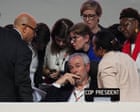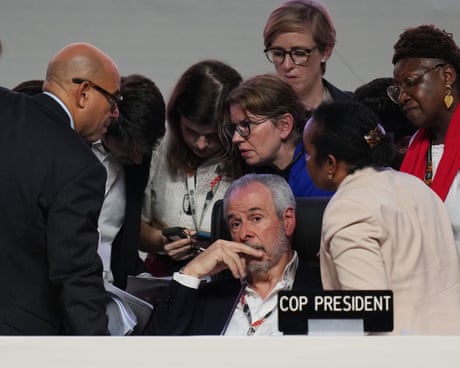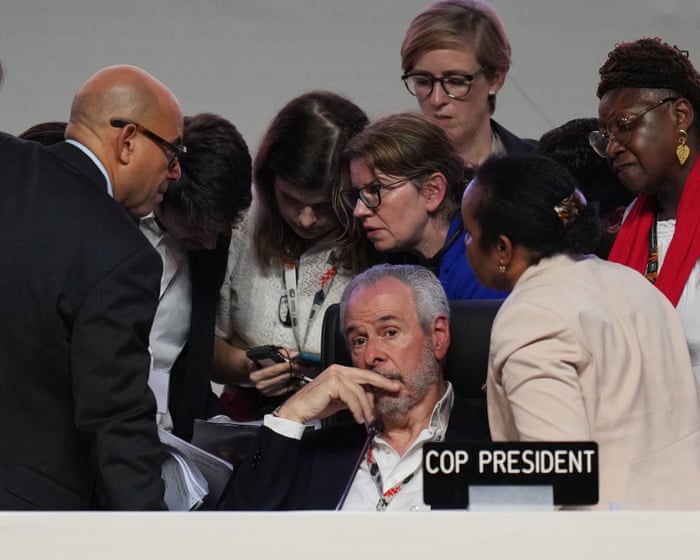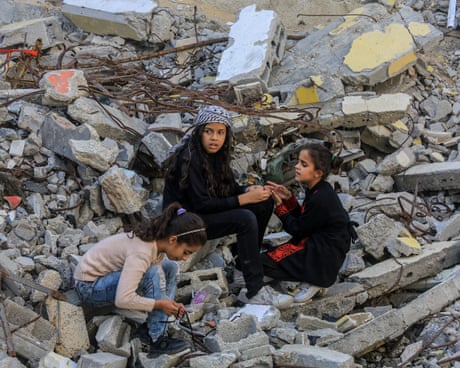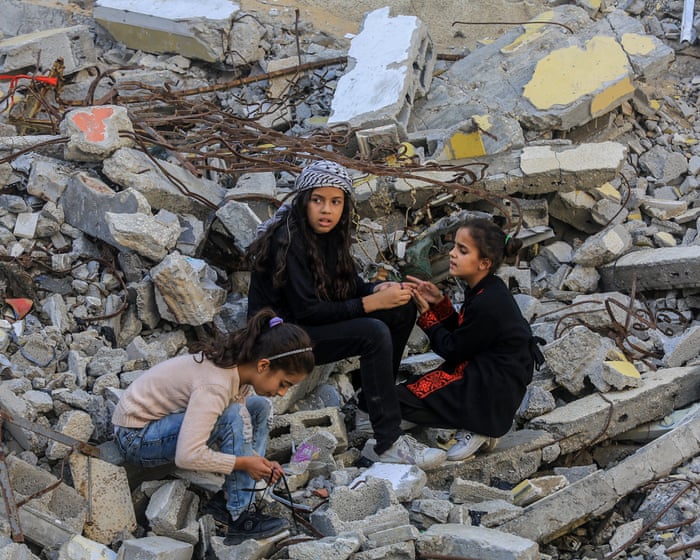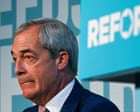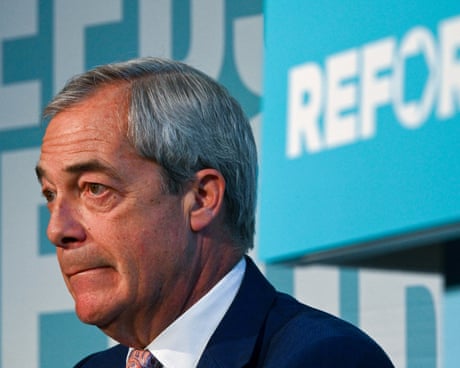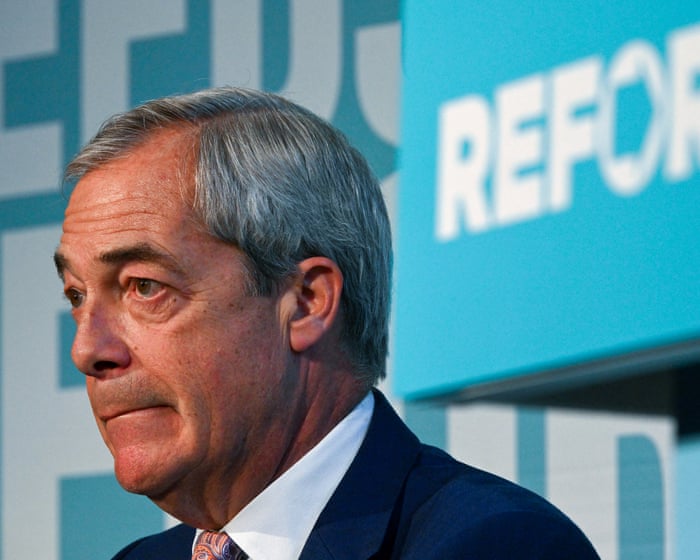The Guardian view on a viable peace framework for Ukraine: with Europe’s help, Zelenskyy can have better cards | Editorial
The 28-point plan outlined last week by the US would have delivered peace on Putin’s terms. EU leaders must help Kyiv resist the bullying
There was a grim familiarity to the unveiling of Donald Trump’s latest peace proposals for Ukraine last week. As in August, when the US president invited Vladimir Putin to a summit in Alaska, Kyiv and its European allies were excluded from discussions that ended up echoing Kremlin talking points. Yet again, Mr Trump publicly scolded Volodymyr Zelenskyy for not being more grateful for his ongoing mediation efforts. And as in the summer, Mr Zelenskyy and blindsided European leaders strove to stay polite while scrambling to limit the damage.
The salvage operation appears to have been relatively successful, following Sunday’s meeting in Geneva between the US secretary of state, Marco Rubio, and a Ukrainian delegation. The 28-point plan reportedly drafted by Mr Trump’s envoy, Steve Witkoff, and the Kremlin adviser, Kirill Dmitriev, was in effect a repackaging of Mr Putin’s maximalist demands. A deal premised on the handing over of new territory in the Donbas region to Russia, restrictions on Ukraine’s sovereignty, and drastic limits on the size of its future army, could never be acceptable to Kyiv. Mr Rubio, suggesting a more “refined” framework was now being developed, seemed to at least acknowledge this fundamental difficulty.
Do you have an opinion on the issues raised in this article? If you would like to submit a response of up to 300 words by email to be considered for publication in our letters section, please click here.
Continue reading...
© Photograph: Xinhua/Shutterstock
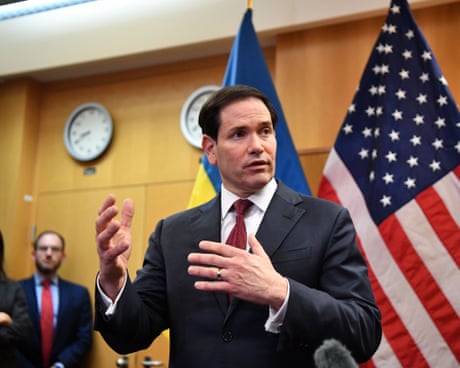
© Photograph: Xinhua/Shutterstock
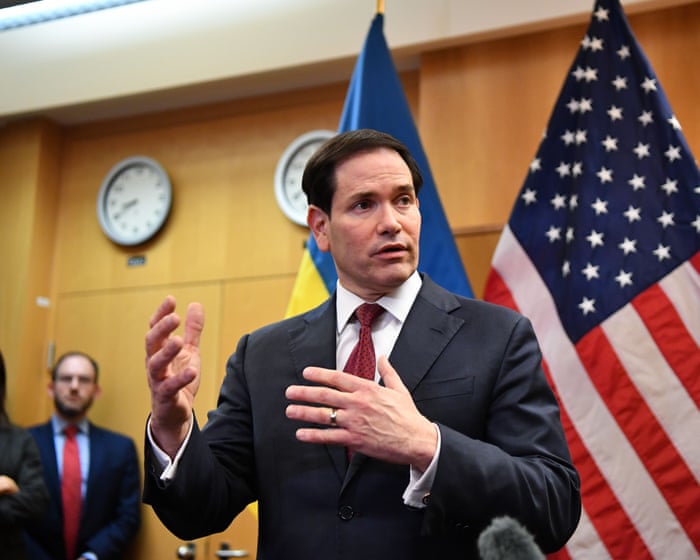
© Photograph: Xinhua/Shutterstock
